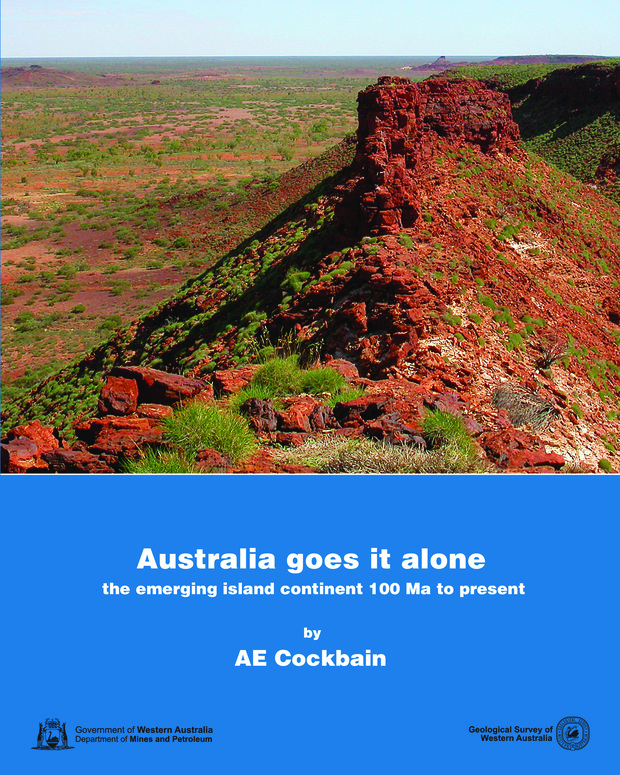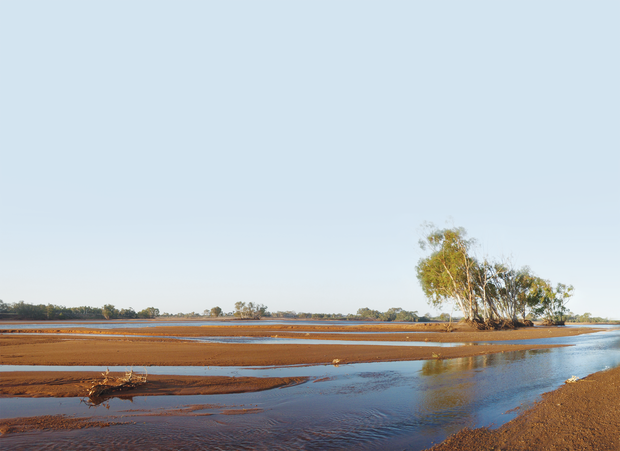Western Australia covers a third of the continent of Australia, with rocks ranging in age from the most ancient (close to 3.75 billion years old) to those that are forming along the coastline at present. In this book, author Tony Cockbain draws together the various strands of geology covering the period from 100 million years to the present.
This book is published under the banner of WA unearthed, a series that progressively chronicles the geological evolution of Western Australia.

What is in the book?
The geological evolution of Western Australia for the past 100 million years is illustrated in this book in easy language and full colour photographs. Topics covered include:
- Australia’s split from Antarctica
- four sedimentary depositional cycles between the Paleocene and the Holocene
- the formation of giant iron ore deposits by regolith processes
- Western Australia’s recent seismic and earthquake history
- the precious water resources of a dry and thirsty State
The book also includes:
- colourful photos and illustrative figures
- interesting pull-out boxes with simple explanations
- many detailed maps of Western Australia
Geologists and enquiring readers will enjoy dipping into this book to learn about the recent geological events that have shaped and are still shaping Western Australia.
How to access the book
To buy a hardcopy of Australia goes it alone — the emerging island continent 100 Ma to present by AE Cockbain, please email bookshop@dmirs.wa.gov.au. You can also download a free PDF from the link below.
_rdax_595x435.png)

Australia goes it alone — the emerging island continent 100 Ma to present
